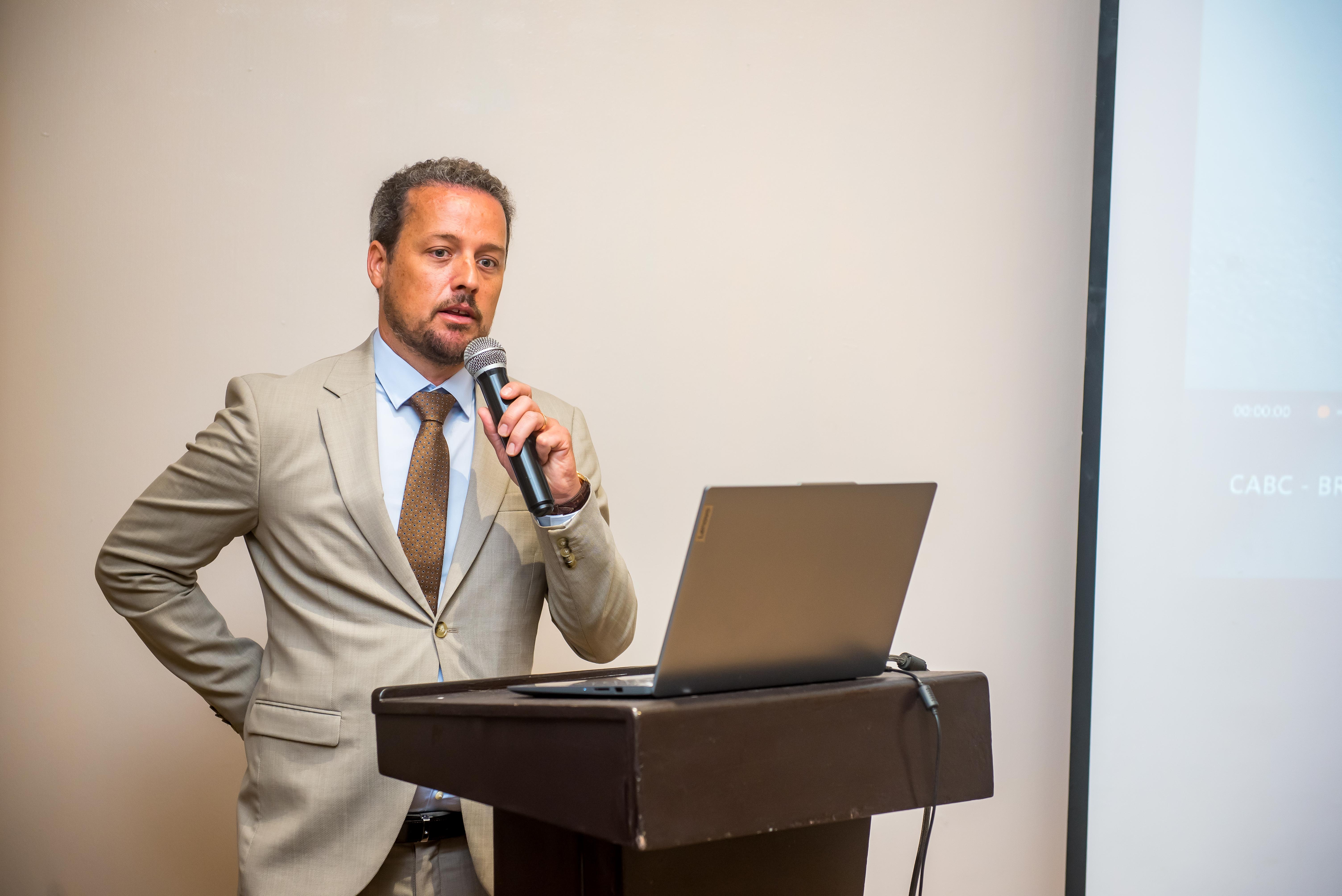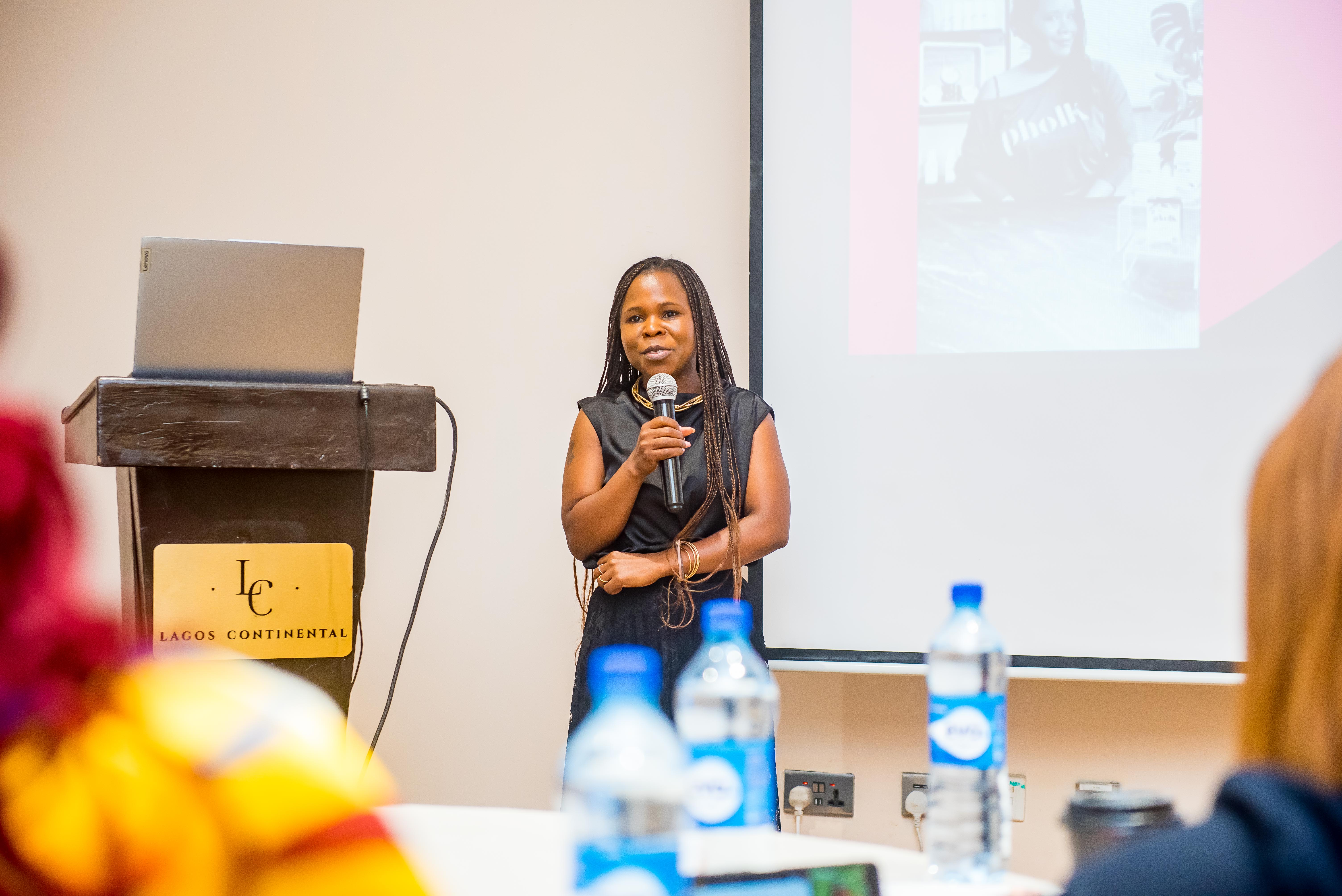







































Online safety for all: TikTok is leading the charge in Nigeria and beyond
 OIO
OIO
 WHEN
WHEN
 CAG
CAG
 READ
READ
From a niche video-sharing app to a global cultural phenomenon, TikTok’s rise is one of the most compelling stories in modern tech. Since its launch in 2017 by the Chinese company ByteDance, TikTok has taken proactive stances to position itself as a hub for creativity and a guardian of user safety beyond Nigeria.
Tokunboh Ibrahim, Head of Government Relations and Public Policy for TikTok in West Africa, emphasised TikTok’s commitment to creating a safe digital environment during the Lagos roundtable event organised by TikTok in partnership with the Centre for Analytics and Behavioural Change (CABC).
She acknowledged the dual nature of technology that offers opportunities but also facilitates harm, especially against women and marginalised groups.

“At TikTok, we believe that creativity thrives in an environment where people feel safe, respected, and empowered to express themselves. But we also recognise that alongside the incredible opportunities that technology has brought, it has also enabled new forms of harm, particularly for women and marginalised groups,” Tokunbo said.
She further explained that while digital adoption has reshaped how people connect, it has also fueled disturbing trends like “harassment, sexual image sharing, doxing, stalking, and the silencing of women’s voices online.”
The TikTok leader noted that these attacks have real-world consequences, threatening safety, mental health, and participation in civic life. In response, TikTok is prioritising safety by continuously investing in tools, policies, and partnerships.
“We are working closely with NGOs, policymakers, and gender-based violence advocates to understand the local context and co-create effective interventions,” she noted.

Read also: TikTok, CABC to tackle online gender-based violence in Nigeria
What is a digital landscape fraught with harm?
The rapid expansion of social media has brought immense benefits to Africa, yet it has also opened the door to significant new threats. Platforms that serve as hubs for communication and creativity also facilitate harmful trends like tech-facilitated gender-based violence (TFGBV) and online hate speech.
These issues impact women and vulnerable communities, who often face harassment, doxing, and the non-consensual sharing of intimate images. The consequences of this online abuse are severe, extending from mental and physical safety to the ability to participate in public life.
According to Kim Thipe, the executive director at CABC, represented by Jessie Cann, the Head of Research at CABC, addressing issues such as tech-facilitated gender-based violence requires more than just policies; it demands deep listening, data-driven insights, and collaboration across sectors.
“Through these workshops, we’re bringing together the lived experiences of women in media with research-backed strategies to co-create safer digital environments. We are pleased to partner with TikTok in this important initiative that places community voices and local context at the centre of online safety,” Kim Thipe added.

How TikTok is improving safety for all Africans
In a presentation outlining the company’s proactive stance on online safety, Duduzile Mkhize, TikTok’s Outreach & Partnerships Manager for Sub-Saharan Africa, informed attendees how the platform is improving security for women and the broader community.
The core of her message was to highlight that TikTok is committed to creating a joyful and safe environment, a mission that requires continuous feedback and collaboration.
“At TikTok, we believe that to truly understand our local community, we must first understand their world. We recognise the diversity of our global community and the importance of understanding what helps them feel safe so they are empowered to have their best experience,” she said.
Mkhize detailed the platform’s comprehensive Community Guidelines, which serve as the foundation for acceptable behaviour and address critical issues like hate speech, mental well-being, and youth safety.
She also spoke on the delicate balance between promoting freedom of expression and safeguarding users, emphasising TikTok’s ongoing efforts to champion civility, respect local contexts, and protect user privacy.

“No matter who you are, your nationality, your gender, your age, or your religion, you must be treated with dignity. We champion inclusion by fostering civility and respecting local contexts, ensuring that everyone feels safe and comfortable expressing their identity. With the diversity of countries and languages we support, we are always working to make sure that people from all backgrounds feel included and secure on our platform. Ultimately, we also protect our users’ privacy, ensuring their individual data remains safe when they’re on TikTok,” she said.
By sharing these policies and resources, Mkhize aimed to not only inform stakeholders but also to encourage honest feedback as a crucial tool for continuously enhancing the platform’s safety measures.

